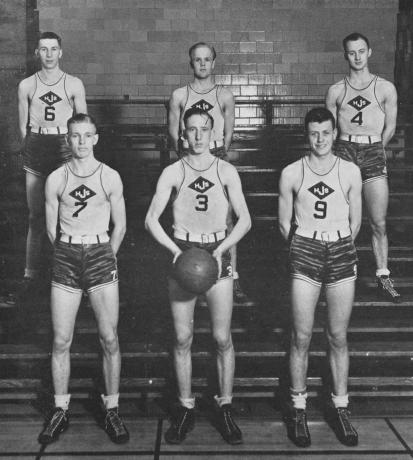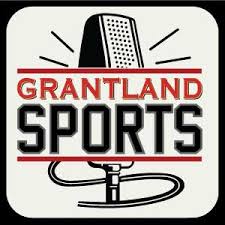PODCAST: #HRHappyHour 329 - Re-imagining and Redesigning Employee Performance Management
HR Happy Hour 329 - Reimagining and Redesigning Employee Performance Management
Sponsored by Virgin Pulse - www.virginpulse.com
Host: Steve Boese
Guests: Laurie Zaucha, VP Human Resources and Organizational Development; Tom Hammond, VP Corporate Strategy and Product Management, Paychex
Listen HERE
This week on the HR Happy Hour Show, Steve is joined by Laurie Zaucha and Tom Hammond of Paychex - one of the largest HR technology companies who have completely redesigned their internal performance management processes.
Paychex is both a major player in the HR Technology space - they have over 650,000 clients and process payroll for 1 in 12 US workers, and is a large, complex, and dynamic technology company with over 14,000 employees.
On the show, we talked about how Paychex has evolved their performance management processes to a new format and structure called the 4x4 - four simple yet important questions, reviewed four times a year by managers and employees, which has helped to keep employees focused on their most important goals, enabled managers to do more coaching and development, and helped the organization become more agile and responsive to changing customer and business needs.
If you are an HR leader stuck between the traditional annual performance process, and the newer totally unstructured, feedback-driven tools that have become trendy but may not actually keep employees and the organization overall remain aligned, this 4x4 approach to performance development may be just the right and most impactful balance between the two.
You can listen to the show on the show page here, on your favorite podcast app, or via the widget player below:
Thanks to Laurie and Tom for sharing their insights and for hosting the HR Happy Hour Show.
Remember to subscribe to the HR Happy Hour Show on Apple Podcast, Stitcher Radio, Google Podcasts, or your favorite podcast app - just search for 'HR Happy Hour'.

 Steve
Steve

